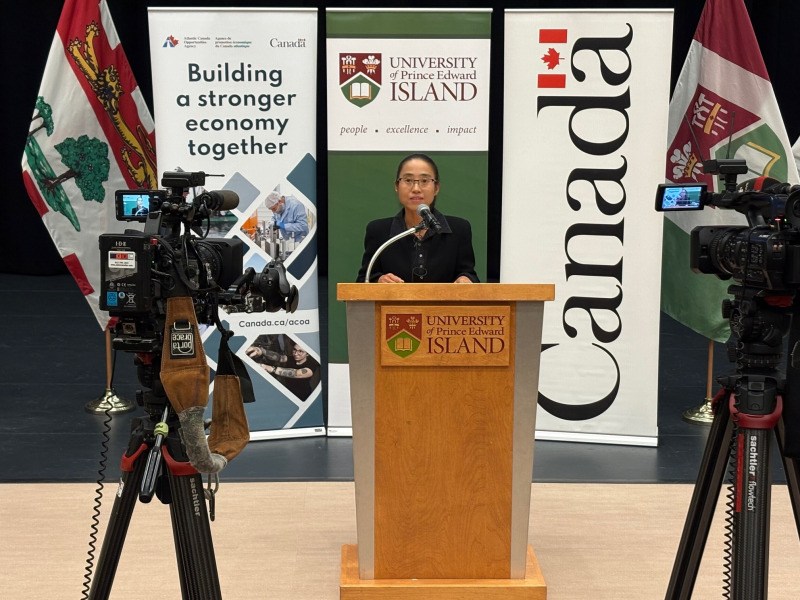Federal government invests in resilience for Atlantic shellfish industry

With information from the Atlantic Canada Opportunities Agency
Canada’s shellfish industry is a vital part of Atlantic communities, supporting jobs and contributing to local economies. Recent challenges, including the impacts of Hurricane Fiona and the MSX shellfish disease, have underscored the need for strong collaboration between government, industry and academia to enhance the sector’s resilience.
On October 17, Sean Casey, Member of Parliament for Charlottetown, on behalf of the Honourable Sean Fraser, PC, KC, Member of Parliament for Central Nova, Minister of Justice and Attorney General of Canada and Minister responsible for the Atlantic Canada Opportunities Agency, announced close to $1M in non-repayable support for three projects to strengthen the shellfish industry.
This includes $613,964 to the University of Prince Edward Island for the development of a state-of-the-art diagnostic testing system. The support will enable UPEI to deliver timely, accurate shellfish health assessments and improve industry response to emerging threats. The announcement also included a non-repayable contribution of $61,200 to the University to support a strategy toward establishing a research cluster of excellence in Atlantic shellfish health.
“We are listening to the harvesters and producers who lead this industry and understand the immense challenges they face. These investments are an important step forward in creating more opportunity, employment, and sustainability in the sector,” said Casey.
“Shellfish health challenges have been apparent for some years now, but now especially in light of the recent threats on PEI’s oyster industry from MSX and Dermo,” added Dr. Wendy Rodgers, UPEI’s President and Vice-Chancellor. “Together, our researchers at UPEI from the Atlantic Veterinary College and Faculty of Science have been doing excellent work. We appreciate this tremendous support from the Government of Canada for this opportunity to allow them to collaborate even further with research, institutional, industry, community, and government partners, and allow us to prepare our graduates to take on the challenges we see today, and to be adaptive and resilient to challenges that are yet to come.”